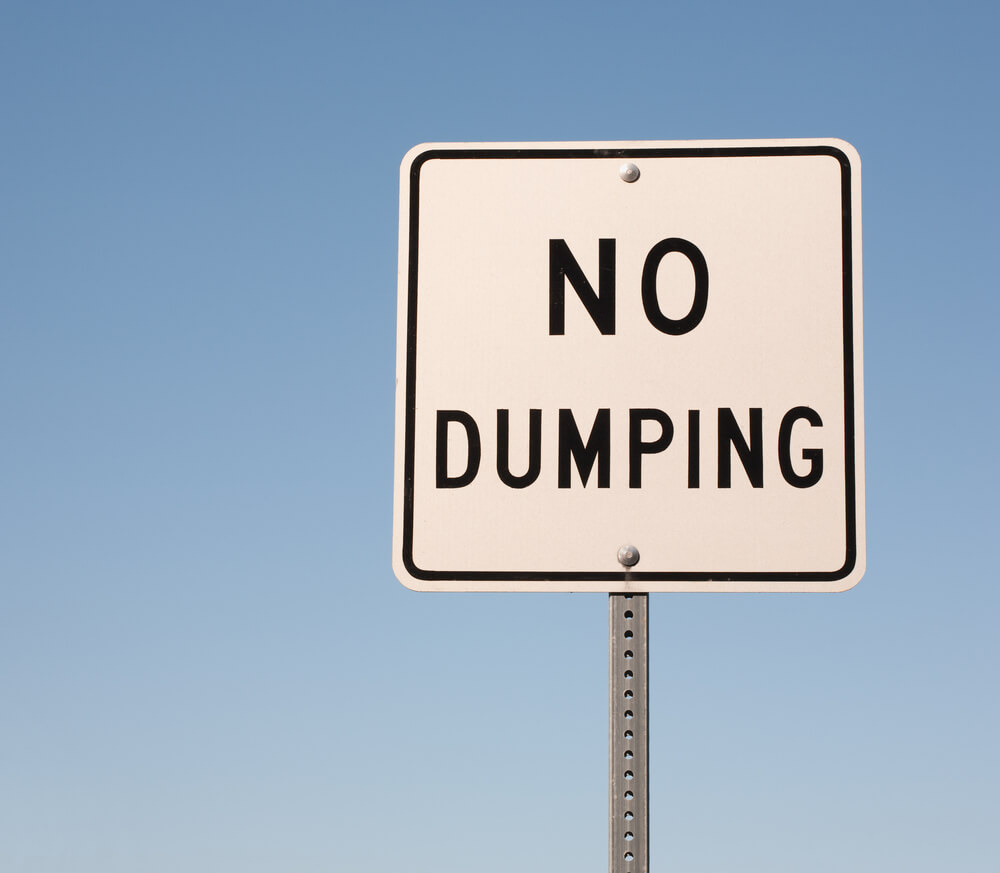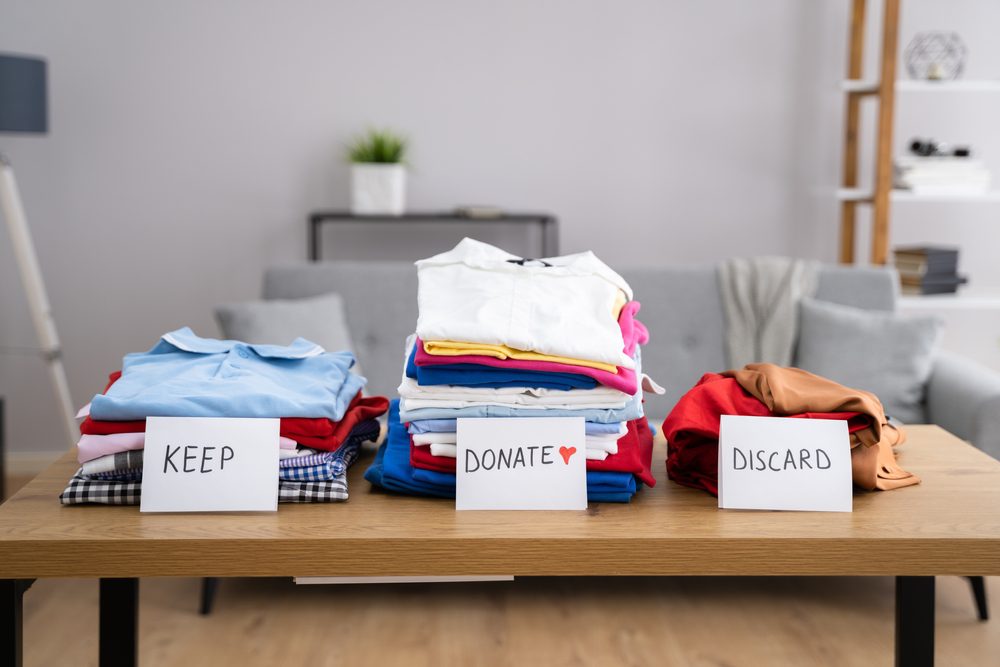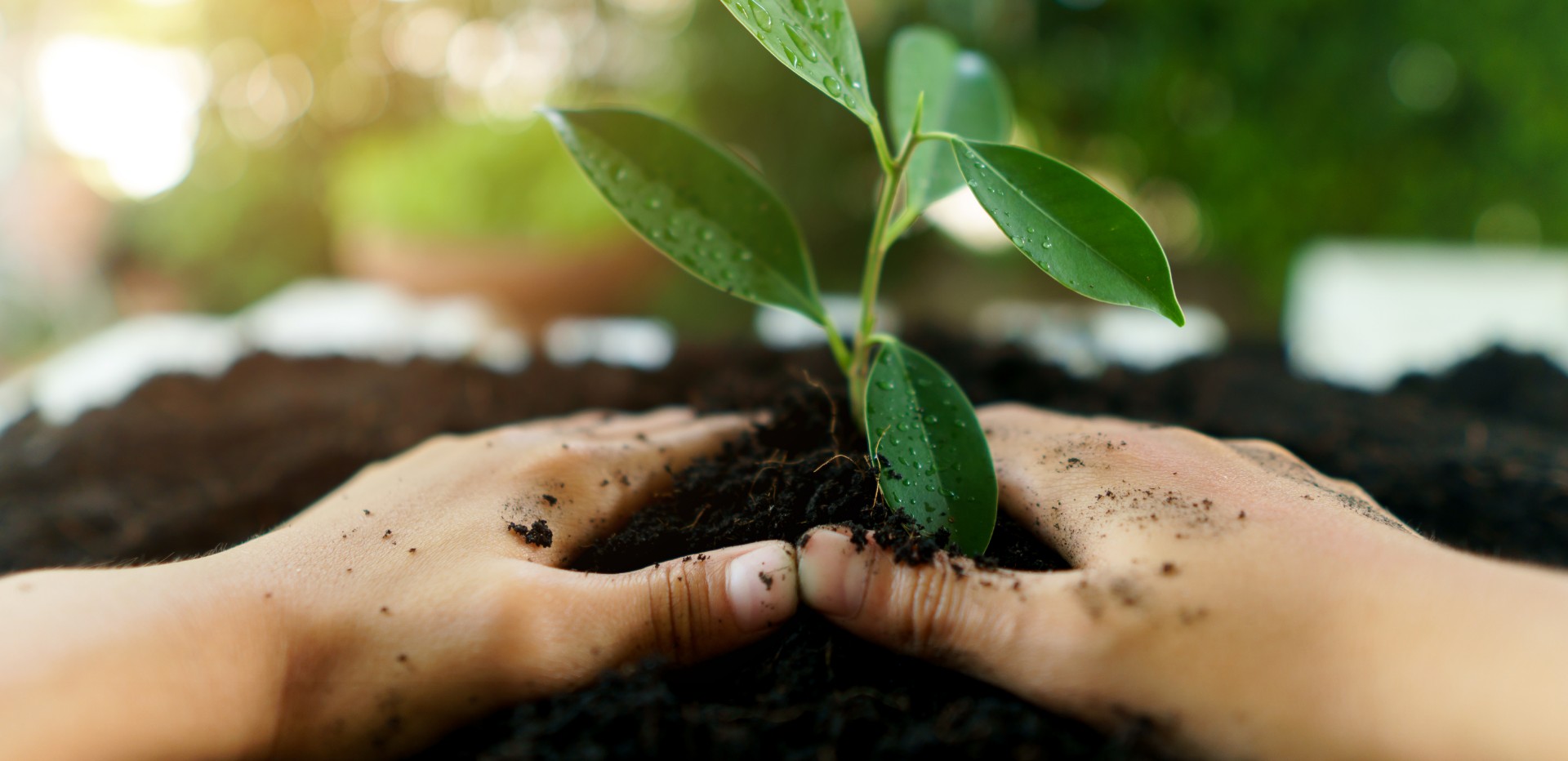Before single-stream recycling was developed in the 1990s, recycling was a much more involved task, requiring the separation of recyclables like plastic, glass, and paper. In 2019, most Americans have access to single-stream (or “single-sort”) recycling, yet many still inevitably put recyclable materials in the trash rather than diverting waste. Recent findings show that 91% of plastic—which takes over 400 years to degrade—ends up in landfills or in natural environments as litter. This is likely, in part, due to a lack of general knowledge as to what actually can be recycled.
We’ve all been there, bussing our tables at a restaurant offering compost, trash, and recycling bins. And it’s a little embarrassing for many of us to admit that we don’t really know which items belong where, so it’s just easier to throw it all in the trash rather than get it wrong. A 2014 recycling survey found 28% of Americans who don’t always recycle say it’s because they aren’t sure which plastic items can be diverted.
However, if past waste diversion movements are any indication of how people can make deliberate changes for the betterment of the Earth and its inhabitants, then there’s hope. Just look at the “no straw” movement, which grew exponentially after awareness from the terribly sad video of the turtle with the straw stuck in its nose went viral. Awareness of how our waste impacts the Earth empowers us to make more sustainable choices.
In this post, we’re tackling the most common recycling questions, plus breaking down what is recyclable versus what isn’t.
Answering Your Recycling Questions
What is recycling?
Items that are recycled are turned into new products, rather than being thrown away as trash or littered. Recycling eliminates pollution and diverts waste from landfills. Single-stream recycling, specifically, means items don’t need to be separated by citizens or businesses but are separated in recycling processing facilities.
Is recycling really better for the environment?
An abundance of data has shown that, yes, it is. According to the United State Environmental Protection Agency (EPA), even recycling just one ton of office paper, for example, saves the energy equivalent of 322 gallons of gasoline.
What happens if I put an item that can’t be recycled in the recycling bin?
The recycling stream can become contaminated, which can damage equipment in recycling centers. To avoid this, it’s important to learn which items are accepted by your local recycling provider. Plastics are the most common recyclable items to not always be accepted.
If you’re a Texas Disposal Systems customer, you can learn which recyclables we accept here.
Do I need to separate my recyclables?
It depends on where you live. Contact your municipality to learn if your local program is single- or dual-stream.
Are plastic bags recyclable?
Yes and no. While plastic bags are recyclable, most single-stream recycling programs don’t accept them. The thin plastic film of plastic bags can get caught in sorting machinery and cause damages. You can decrease your use of plastic bags by opting for reusable bags, which are often sold at grocery stores.
There are still recycling options, however, if you forget your reusable bag at home or have old plastic bags you’d like to get rid of. Some retail stores, municipal recycling centers, and private recyclers accept plastic bags. Many grocers, for instance, have recycling bins specifically for plastic bags near their store entrances.
So what are those numbers on plastic items?
The numbers on a piece of plastic indicate the type of plastic the item is made from. The numbers are as follows:
- 1: Polyethylene terephthalate (PET/PETE)
- 2: High-density polyethylene (HDPE/PE-HD)
- 3: Polyvinyl chloride(V/PVC)
- 4: Low-density polyethylene(LDPE/PE-LD)
- 5: Polypropylene(PP)
- 6: Polystyrene(PS)
- 7: Other resins (Other/O)
Check with your municipality to learn which plastic types are accepted by your local recycling program.
Is aluminum foil recyclable?
Yes, many recycling facilities accept aluminum foil. The key here is to make sure the foil is clean and that it’s crumpled into a small ball. Like plastic bags, thin, laid out sheets of aluminum foil can potentially damage sorting machinery and technology.
Can I throw my recycling out in trash bags?
No. Many recyclers will throw away any recycling that’s in a regular trash bag and not recycle the recyclable items inside the bag. Again, like plastic bags, regular trash bags can also damage machinery in a recycling facility. To make sure your recyclables are disposed of properly, simply keep items loose in a bin rather than gathering in a bag.
What Can Be Recycled
While it varies depending on your local recycling provider, there are a few materials that are typically accepted:
- Paper
- Cardboard
- When recycling cardboard, it’s helpful to your local recycling facility if you break down the box. Additionally, be sure that boxes are clear of food (i.e. no greasy pizza boxes) as to avoid contaminating the recycling stream.
- Aluminum beverage containers and cans
- Glass bottles, jars, and jugs
- Plastic bottles (and caps) and jugs
- Cardboard toilet paper and paper towel tubes
- Medicine bottles
- Body wash, shampoo, and conditioner bottles (rinsed out)
What Cannot Be Recycled
Unless taken to a specialized recycling (or upcycling) center, these items should never be put in your recycling bin:
- Sewing needles
- Garden hoses
- Food or any food-soiled containers
- Note: Rinse out any recyclable food or beverage containers before disposing
- Not-empty aerosol cans
- Propane tanks
- Syringes
- Broken glass or light bulbs
- Electronics
- Textiles
If you’re unsure whether or not an item can be recycled, reach out to your municipality for recycling guidelines. If you’re a Texas Disposal Systems customer, check out the Waste Wizard—a recycling search engine of sorts—to learn which materials and items we accept.



